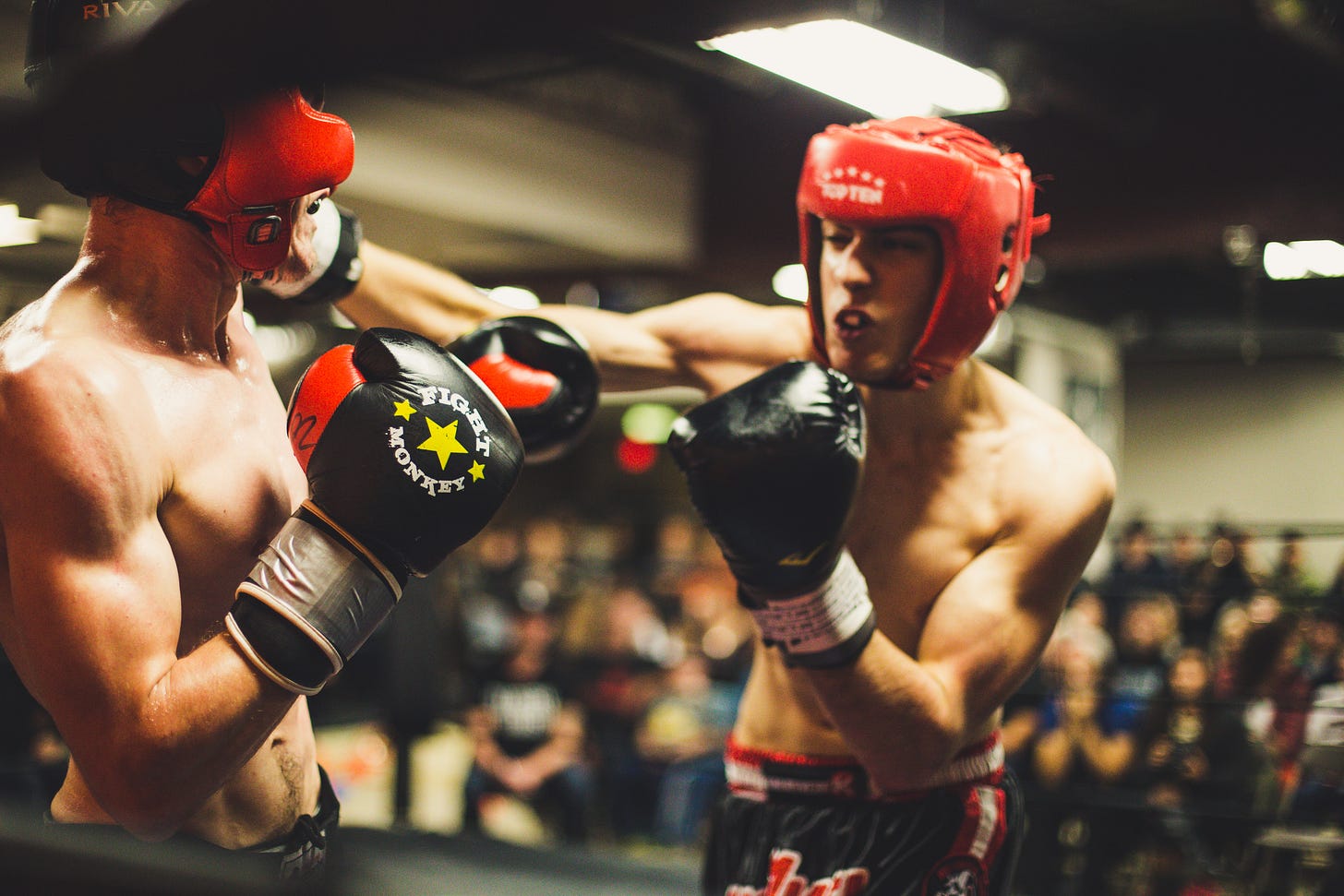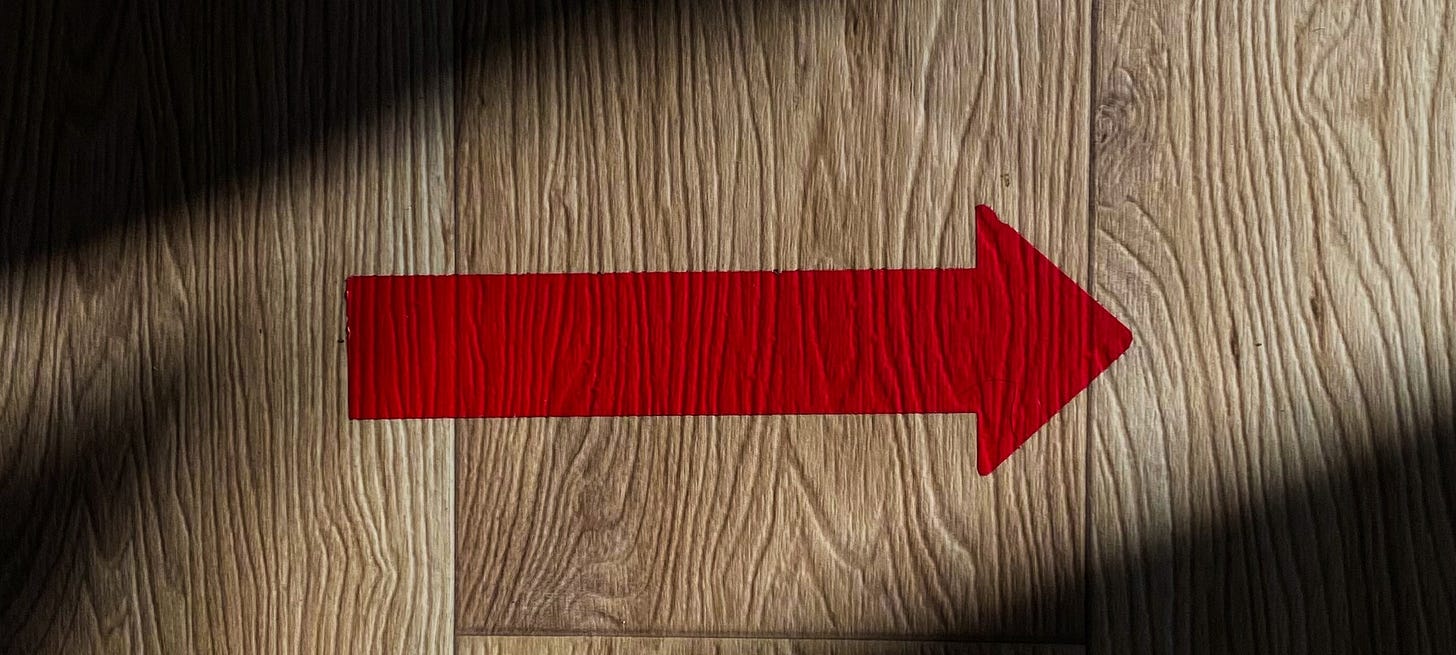
By Dr Stephen Whitehead
I don’t know about you but after 18 months of this cursed pandemic I’m feeling rather punch-drunk. And I am living a comfortable, semi-retired life in northern Thailand (despite a dearth of vaccines).
So how those of you who are actually charged with running schools and delivering lessons are feeling I can only imagine.
You have my sympathy. Really.
None of which puts me in the best frame of mind for trying to figure out ‘what comes next for international education?’. Part of me hasn’t a clue. Part of me knows what should come next. And then there is the part of me that wakes up in the morning, reads the online news, and quietly despairs.
I’ve always been a ‘glass half-full’ type of guy and that optimism has certainly served me well over the years. But as I get older I realise that humans have an amazing capacity for believing what they want to believe, which means avoiding truths and reality. They certainly don’t learn from history so inevitably keep repeating it. Which partly explains why we are in our current mess. So I am optimistic for me but less so for most everyone else.
I will start by busting one big myth now dramatically impacting on international education, and I will do so by asking you a simple question:
Which do you consider the biggest threat to peace, prosperity and the advancement of humankind - the Chinese Communist Party or the American Republican Party?
You see for me it’s a no-brainer. Because one of these organisations (the non-democratic one) deals in reality, the other (the supposedly ‘democratic’ one) deals in blatant lies.
I am prepared to overlook the propaganda and falsehoods emanating from non-democratic governments, it is to be expected, but I’m not prepared to overlook the same when it comes from Western politicians claiming to be democratic. Because they are the ones we are relying on to not only protect our interests, but also promote international educational values. If they are in denial as to reality, what chance do our kids have? It results in us educationalists having to act as the thin red line between our students believing complete rubbish on social media and developing insightful critical intellects which will serve them well when they have to face the massive social, environmental and economic challenges heading their way.
Of course, no organisation is perfect and certainly none the size of the GOP or the CCP, but we educationalists must expect better from those who would govern us and that means having leaders who at least recognise truth and reality.

Which takes me to where the education profession needs to go over the next 12 months and more.
It needs to take more control over education because clearly politicians are not capable of doing it.
I’m in my 7th decade and I cannot recall a time when educationalists (the true professionals) were actually the ones controlling education. Back in the day it used to be the state - along with a seemingly endless succession of faceless Ministers of Education. A situation that continues. But since 1980 the state has been increasingly keen to share control (and costs) with big business. The results are mixed, to say the least. Well, put it this way, the results are good for those with money, pretty dire for those without.
Educational provision needs to urgently change. Everywhere. But the most pressing need is to develop a global curriculum relevant for the 21st century and beyond, one which focuses on well-being, inclusivity, emotional intelligence, communality, climate change, sustainability, and history. I see no point in educating children if all they end up doing is making the same mistakes as their parents and ancestors. As Einstein put it:
“We cannot solve our problems with the same thinking we used when we created them.”
If you think that today’s world is a mess then you must also accept that past education provision has failed.
Which is the reason why I would rather governments and school owners spent money on ensuring every secondary school student takes a trip to Auschwitz than I would on additional maths teaching.
Which brings me to the ‘glass half-full’ part of my personality.
Every set-back is an opportunity. Yes, I know, it’s a cliché but it also happens to be true. I have the scars to prove it.
What I like about the current mess we are in is that it is fast busting a lot of illusions. I write about some of these illusions in my upcoming co-authored book on Total Inclusivity (watch out for it in 2022).
One illusion which has been brutally exposed over the past year or so is that everything in life is automatically getting better for an increasing number of people.
People, especially Generation Z, are going to be demanding change. The current rules, the current system, isn’t working for them nor for a good many others. The status quo is not an option. The billionaires can escape to wherever in their monstrous superyachts. The rest of us have to live with reality.
Which leads me to my final points and predictions.
Education provision will become even more privatised than it is right now.
Education quality will become even more polarised between those with money and those with none, than it is right now.
Increasing numbers of teachers will be leaving the profession, especially in the state systems.
The kids now in our kindergartens and primary schools will have given up on education and the idea of a career, long before university looms.
Globalisation, as we knew it, is over – climate change will see to that.
Humanity will be divided into two camps – those who deal with reality and those who prefer illusions. Only we educationalists can solve that equation.
Yes, not an optimistic scenario.
The most optimistic I can get is that I do believe things are going to get better, though not before they’ve gotten a whole lot worse.
INTERESTED IN INTERNATIONAL EDUCATION?
The Teacher’s Guide is getting around!
Seen here in Thailand with a happy reader - and his new best friend. When we said ‘a companion to your international adventure’ we didn’t quite mean that kind of companion!
Grab a copy to take on your own adventure or listen to a short sample here (4 mins).




